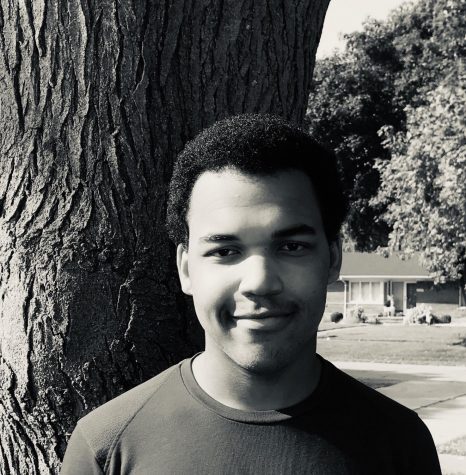Cobra Kai Demonstrates the Importance of Extracurricular Activities
Among the many new Netflix series that have come out recently, Cobra Kai’s new season has been gaining in popularity. The show is a spin-off of the Karate Kid films, set 30 years after the events of the movie. The now successful karate kid, a.k.a Daniel Laruso, and his former high school bully, Johnny Lawrance, come head to head when they both start mentoring kids in karate at their own past dojos. While there is a fair share of karate-kicking action, this is not the main focus of the show. The series focuses a lot on each of the characters’ social and home lives before they started learning karate skills. The show also focuses on the mentoring aspect of the training, as the kids receive advice on their karate as well as their everyday life. This theme from the show is very relatable to many real-life teens. Who we see as our mentor and what groups we associate ourselves with can have a lasting impact on the trajectory of our lives.
In the show, Johnny Lawrance is portrayed as a loser trying to get his life back on track by training nerdy and defenseless teen, Miguel Diaz, at his dojo, Cobra Kai. On the other hand, Daniel Laruso is training his troubled daughter along with turbulent youth, Robby Keen, at his mentor’s old home. In seeing the contrast of their training methods, and the theology of their karate teachings, it’s hard not to be engrossed in the show, as well as to relate to these fictional teens situations. Johnny’s teachings stem from striking first and showing no mercy, whereas conversely Daniels’s teachings are all about self-defense and ending a fight, rather than starting one. You don’t have to watch all three seasons of Cobra Kai to guess that the kids who become mean and sadistic are those who were taught to strike first and show no mercy. Whether this was Johnny’s intention or not, it is not as important as the message that what your mentors teach you in private will affect how you act in public.

To get some real-life feedback on how mentors can impact youth, I turned to Berkley sophomore Grant Clark on how he thought he’s been mentored as a student and athlete. “I have definitely been improved by playing sports,” Clark says, “The gains you get from playing are both mental as well as physical. And it’s mainly because my old freshman Coach Casey has mentored me and is still looking out for me to this very day.” While Grant’s relationship with his football coach is a good example of a mentoring pair, he is not alone in experiencing the wonders of having a mentor during these teenage years. Many kids find mentors in sports as well as non-sports extracurricular activities, to guide them and aid their growth into their next stages of life.
If there’s anything to be learned from Netflix’s show Cobra Kai besides karate, it’s that mentors and extracurricular activities have a deep effect on young teen students. I’m confident that there are many more people besides those I interviewed who felt that someone, whether it was a coach from a sports team or an adviser to a student council, mentored them in some form or fashion. In fact according to the national website Youth.gov having a mentor in your life can increase academic success as well as inspire the mentee to go for a higher education later in life. On a more statistical note youth who have mentors are 52% more likely to not skip school than peers, and 46% more likely to not participate in harmful activities such as drugs or alcohol. But in the end all of these stats just reinforce the fact that the positive relationship between mentor and mentee is not just relevant to a few individuals. But it is something that everyone could and should participate in.
But the fact that mentors and extracurricular activities can have a lasting impact on teenagers’ lives is a message that definitely translates beyond the TV screen.

Hi everybody! My name is Donovan Fobbs, and I have the pleasure of being this year's editor in chief. I’m going to be a senior this year, and this...







